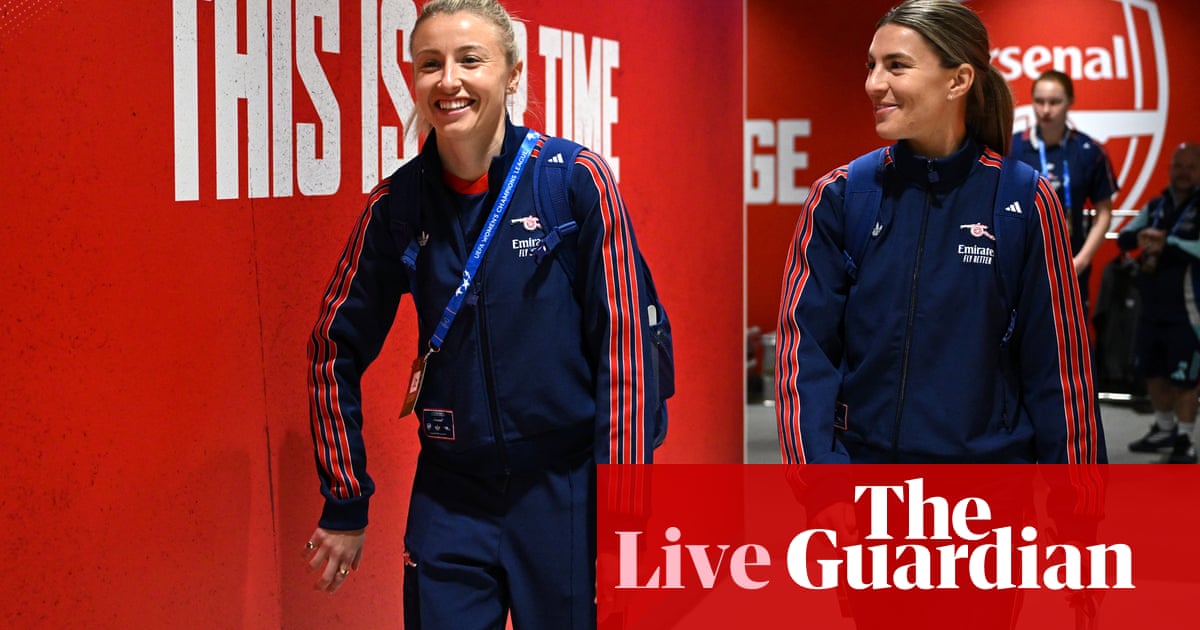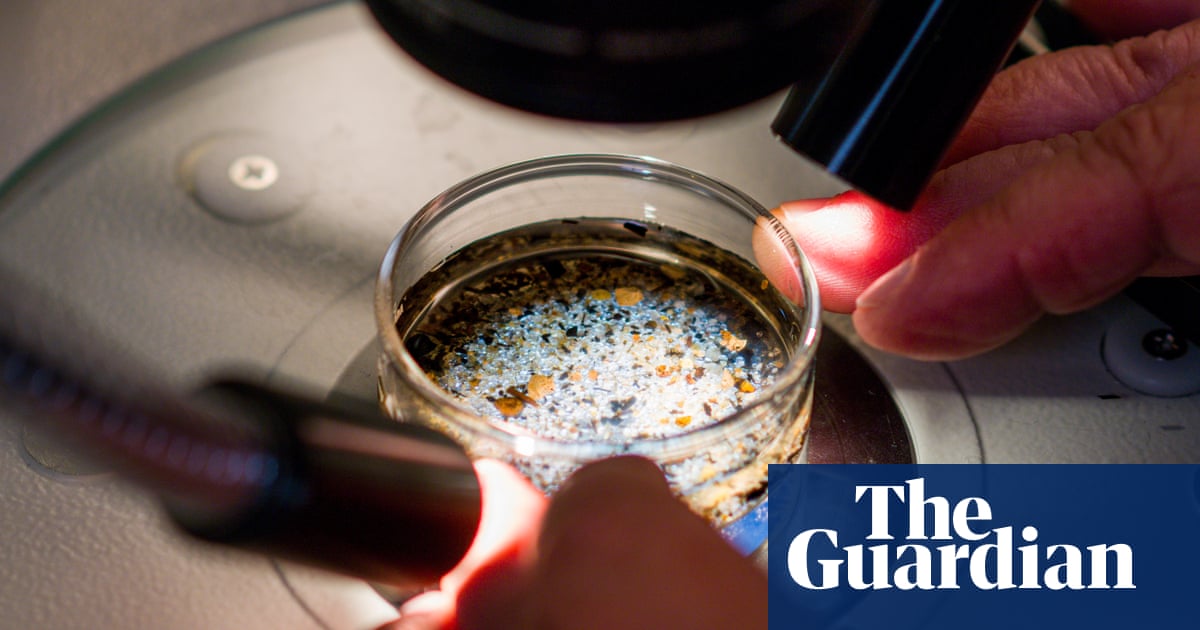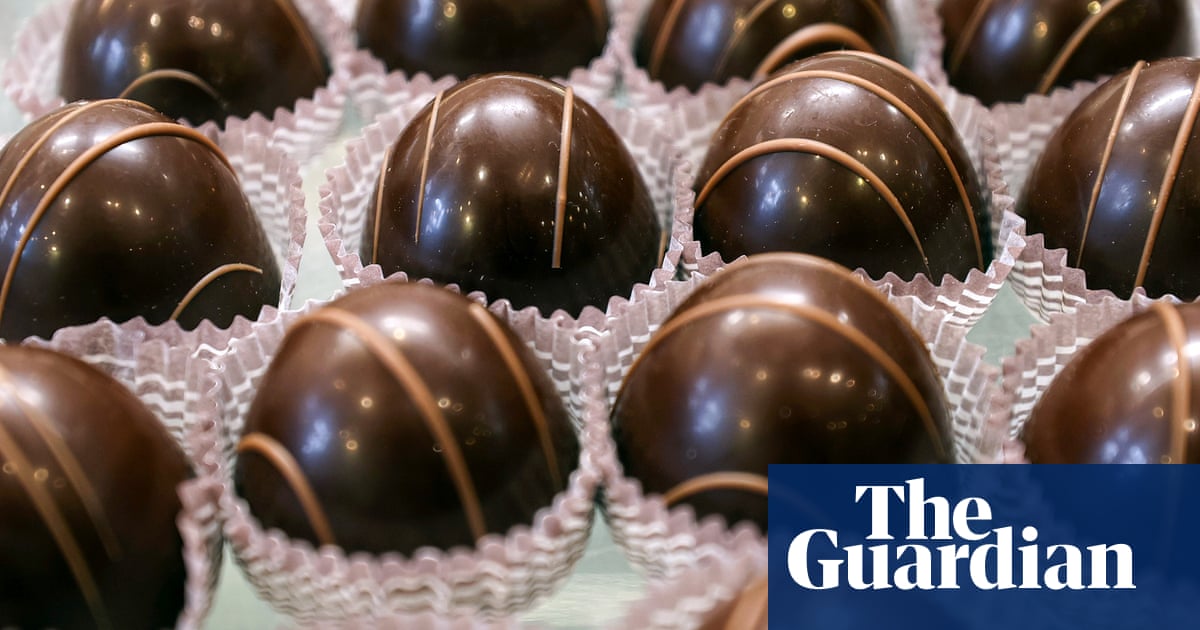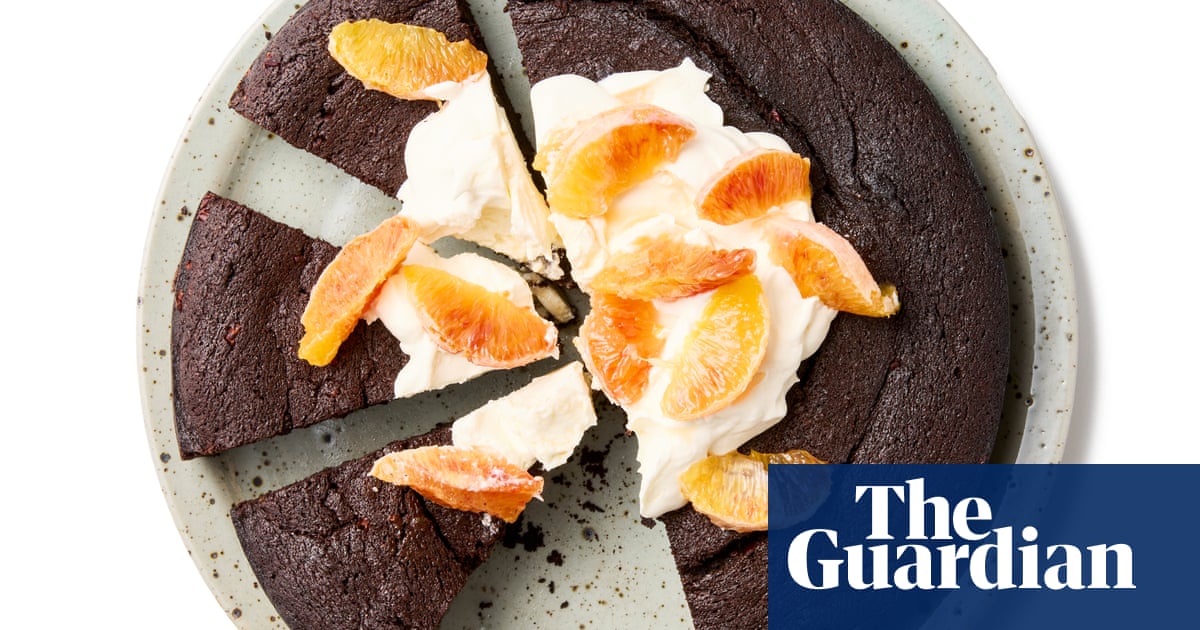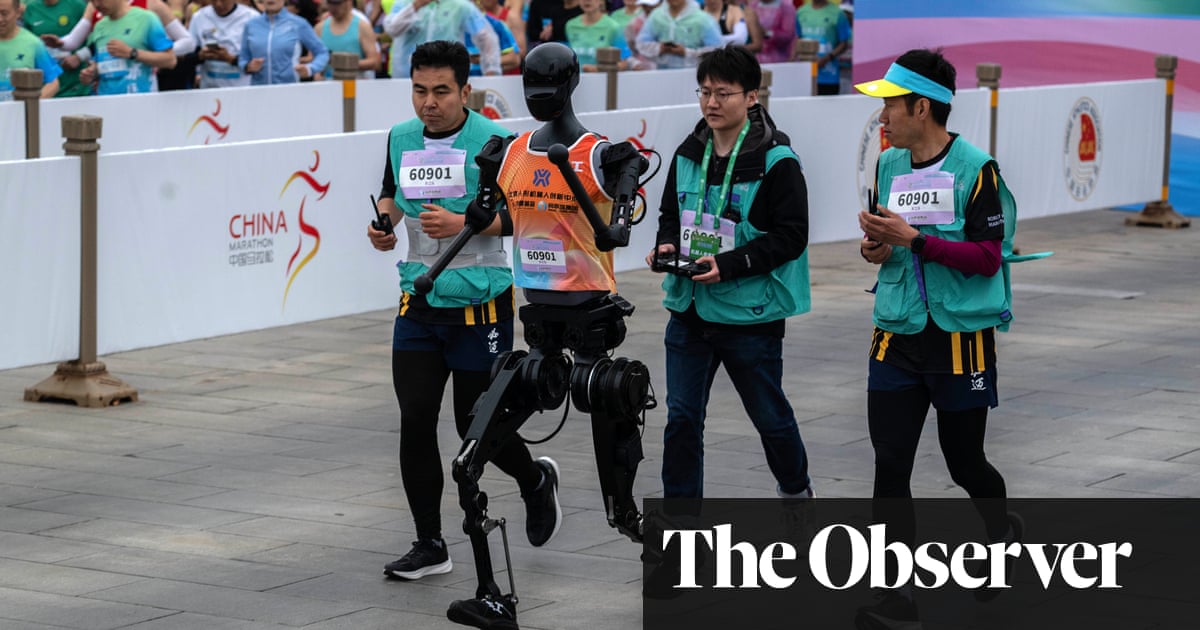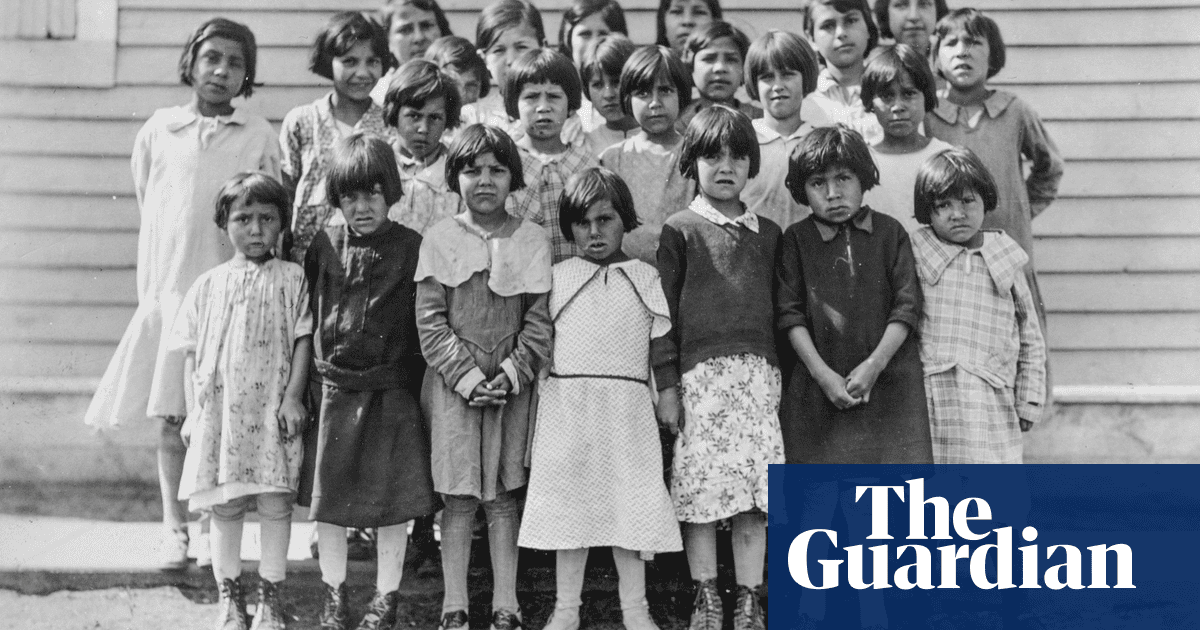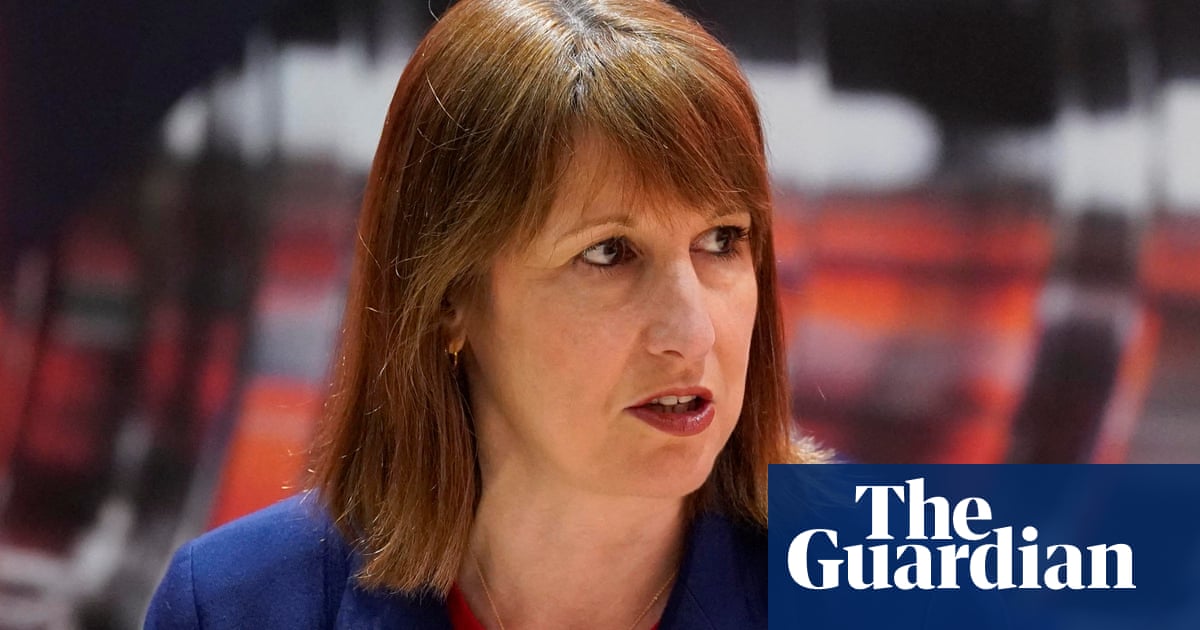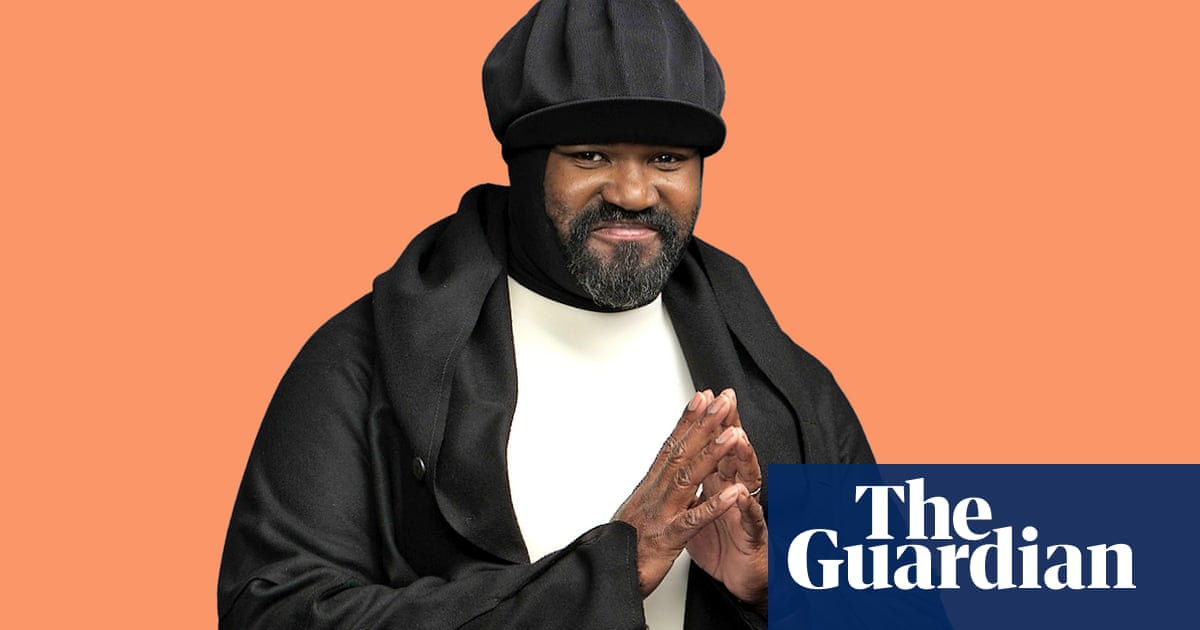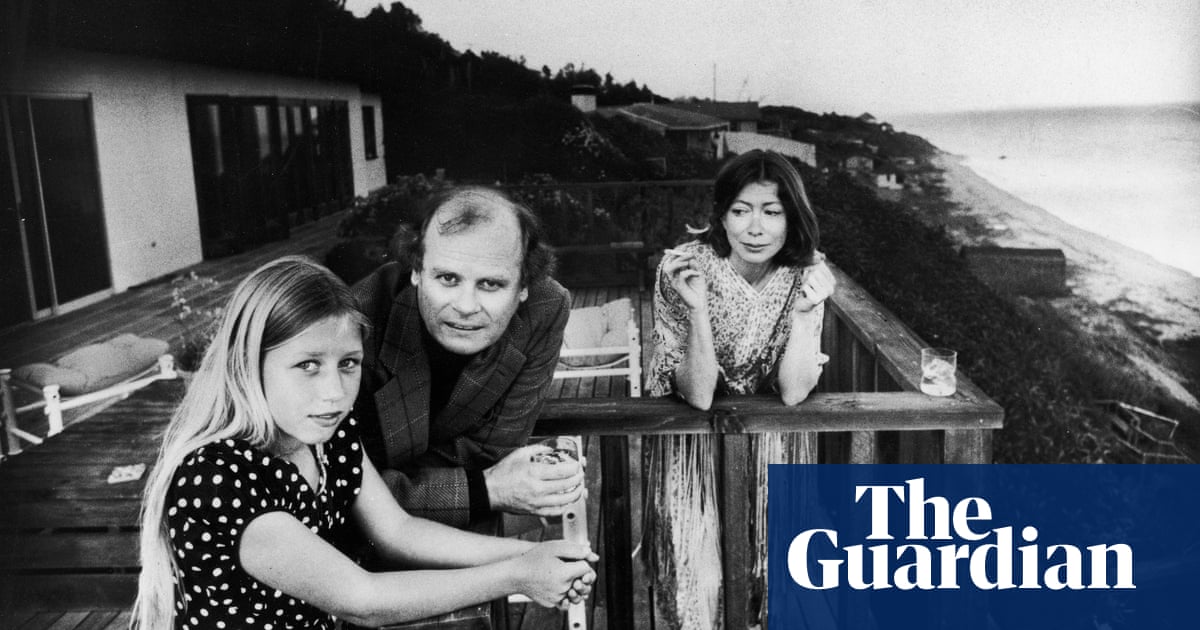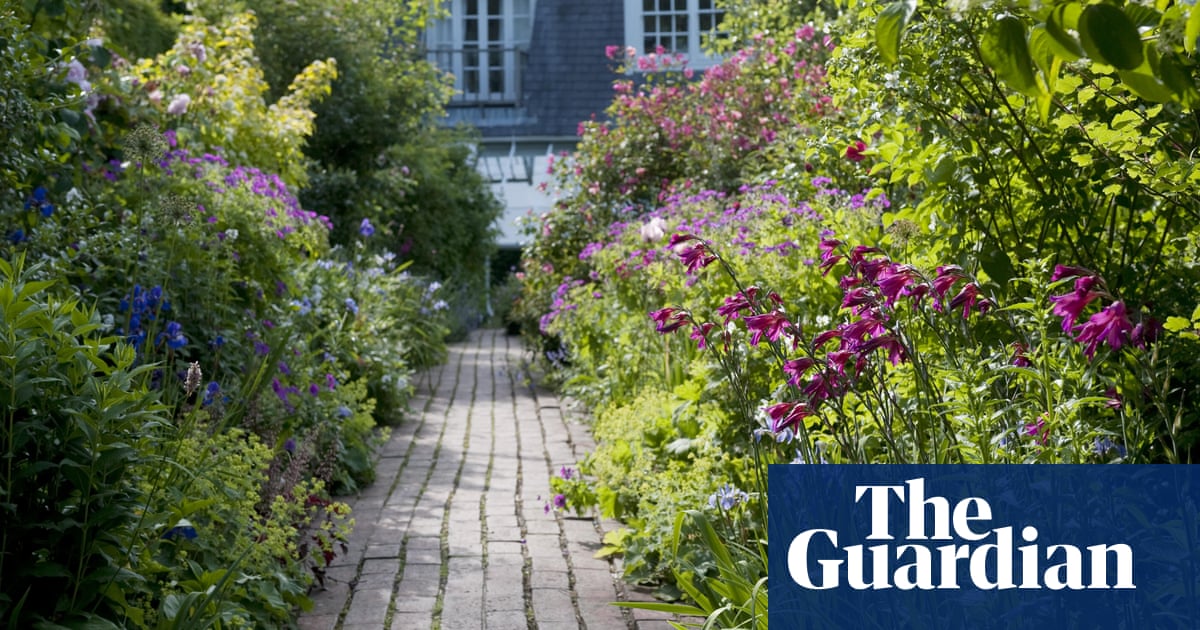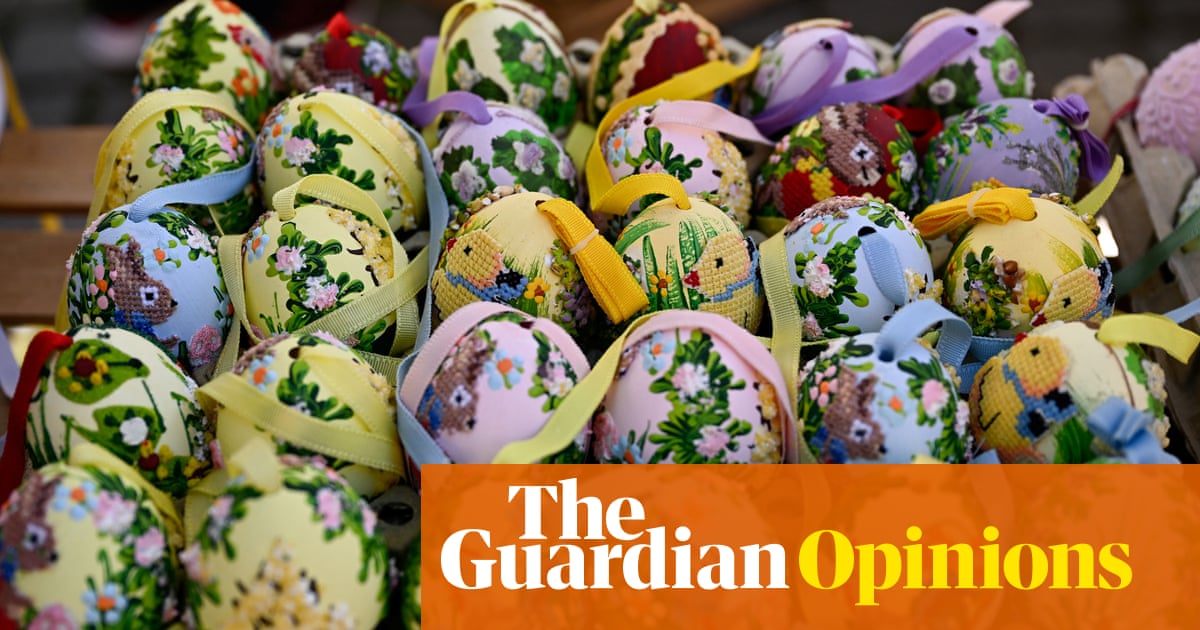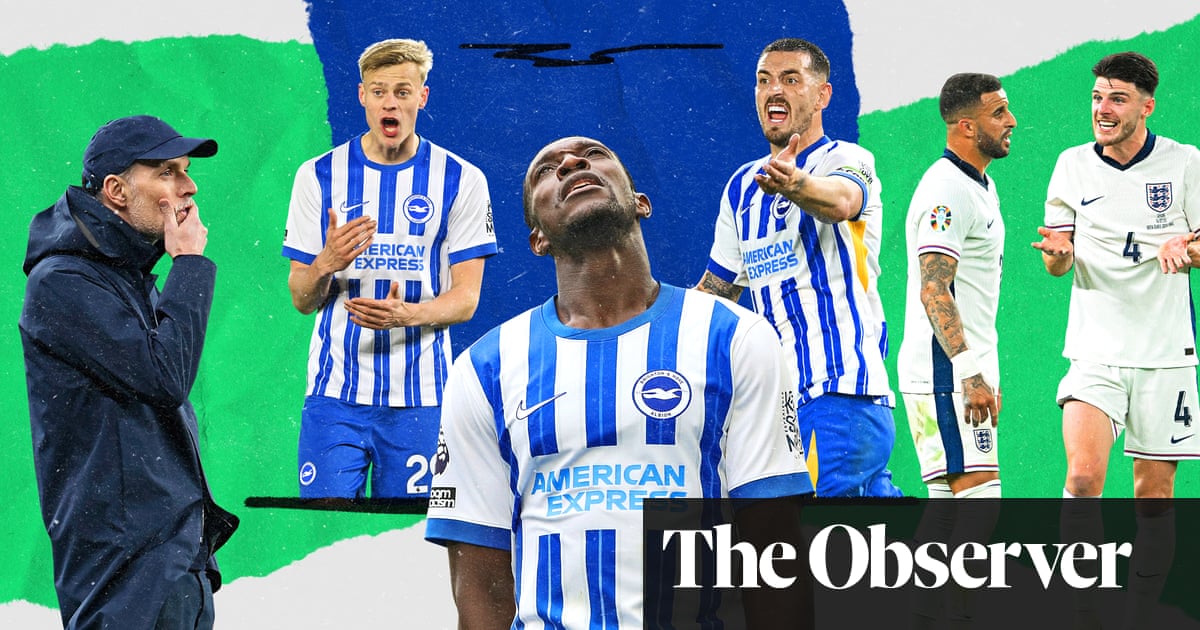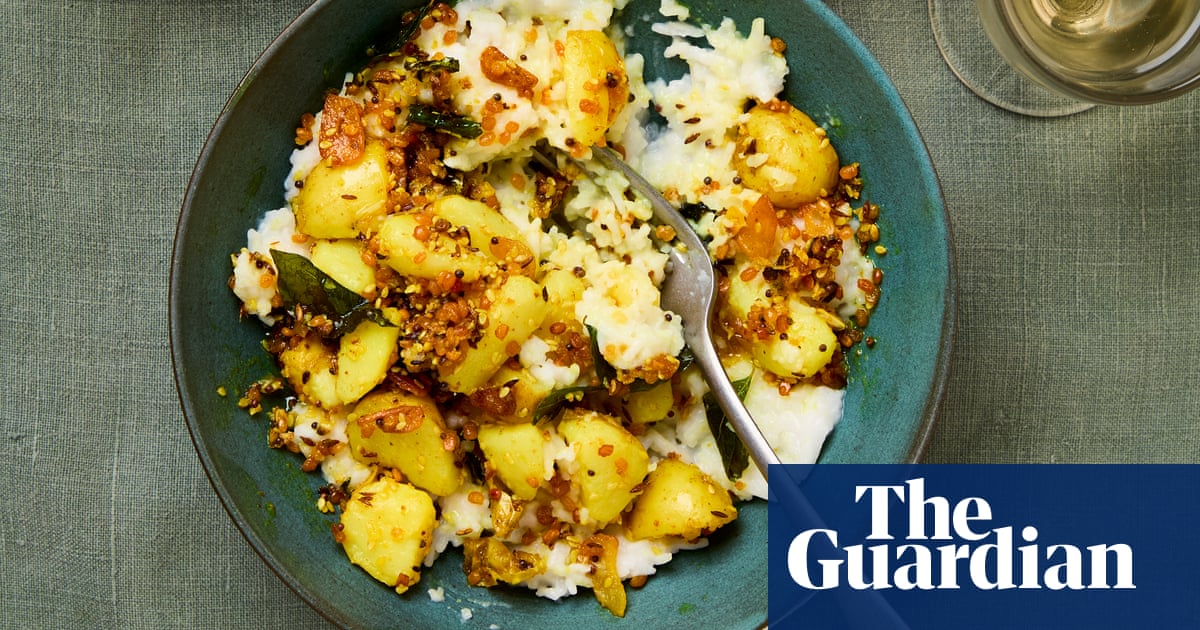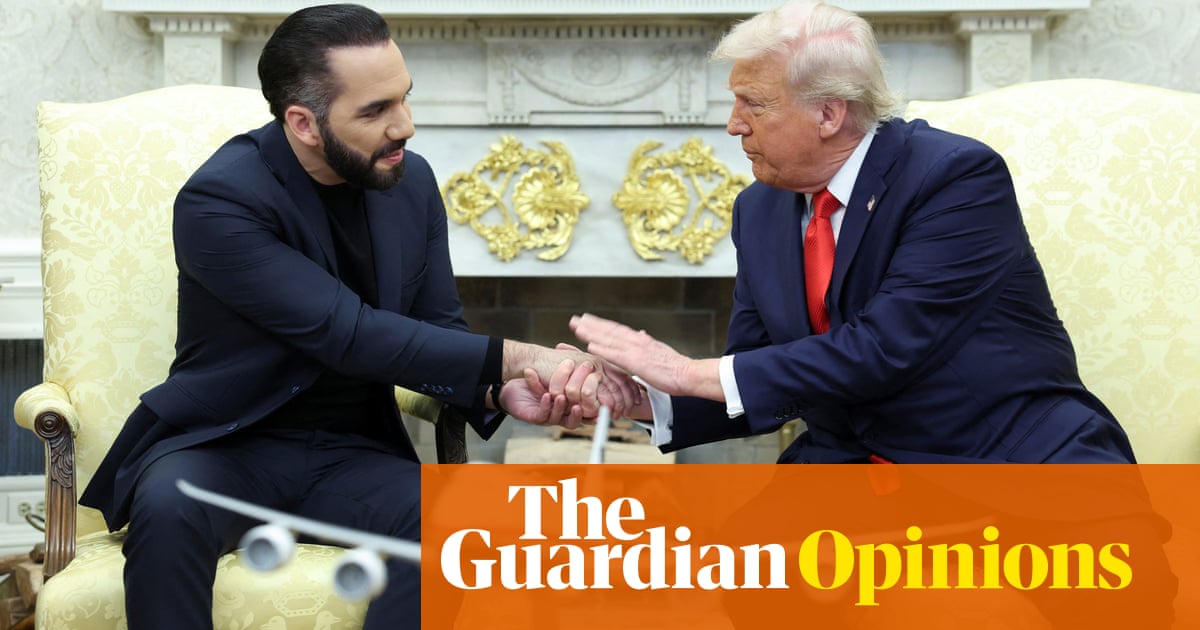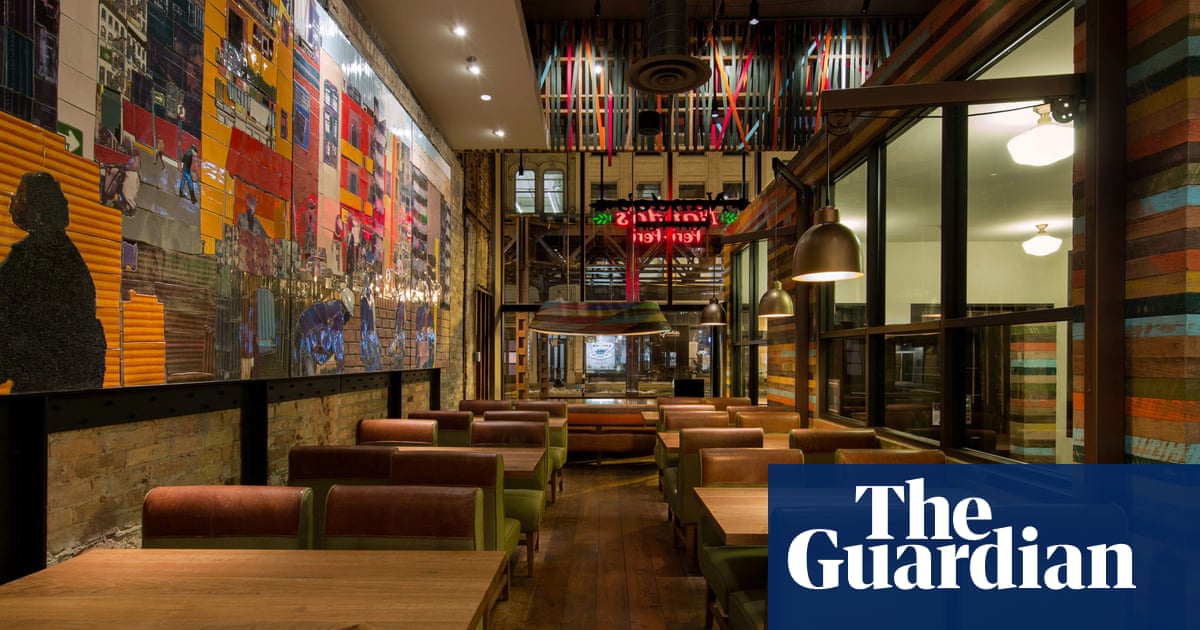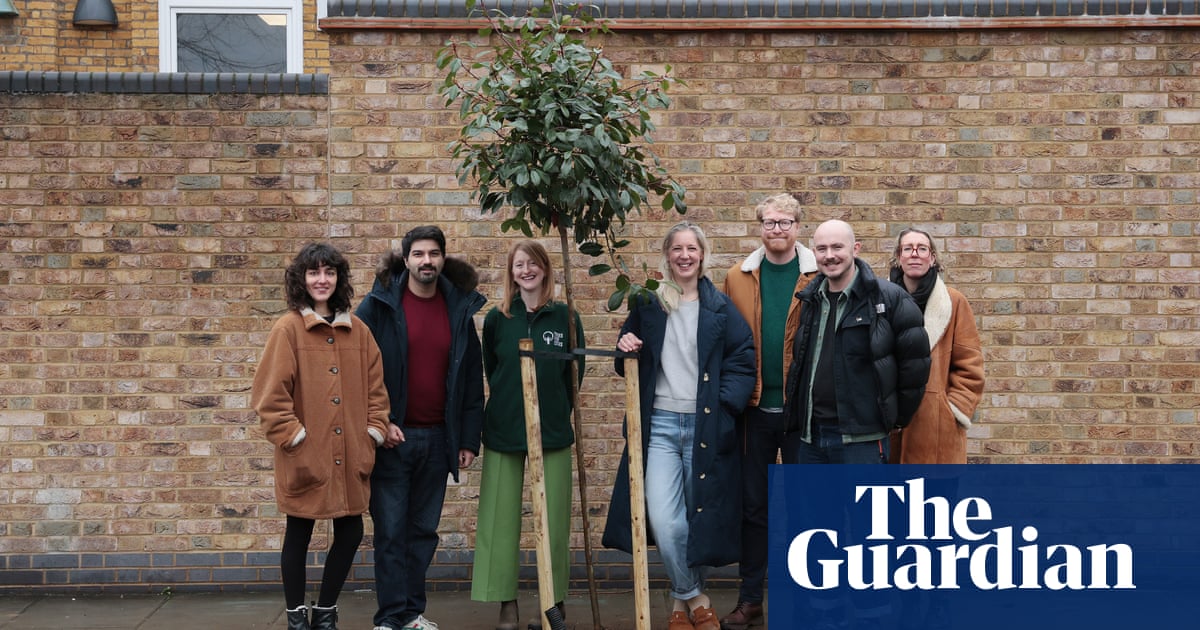Just over a year ago, the parents of Ralph Tatham didn’t know if they would make it to Christmas, or if liver cancer would take away their three-year-old son.
Now the little boy is just a few weeks away from celebrating his fifth birthday, after receiving a lifesaving multiorgan transplant to replace his liver, pancreas and intestines.
“It was the hardest moment of my life,” says his mother, Katie Tatham. “It’s a risky operation, so you don’t know if you’re going to see him again. Obviously it was his only chance to live, to have this operation. But when you take out a lot of his organs and replace them, then there’s a high chance things could go wrong.”
She breaks for a moment. “I’m sorry, I don’t normally get emotional like this. I just remember in that moment, his little face when we gave him up. And giving him a cuddle before his operation. And he got scared because of the big room and all the people involved.”
Several hours later, she and her husband, Graham, got a phone call from the surgeon: “We were able to see Ralph and it was just such a relief, and an incredible moment to know that the surgery been successful and he was still here with us.”
The Tathams want more parents to experience that relief. There are 280 children waiting for an organ transplant in the UK, more than the 243 on the waiting list in September 2023, when the couple last spoke to the Observer.
The rules around child organ donation are different to those for adults, which means that it is harder to find donors. Adults throughout the UK are now presumed to consent to becoming an organ donor if they die suddenly, although there is an opt-out register and relatives are always consulted first.

However, the parents of children are always asked for consent before donation. Roughly half of families agree. Last year, there were 39 organ donors aged under 18. They, and some adult donors, gave 252 children the chance of a longer life with a transplant. But for eight children, there was no lifesaving phone call.
The reason parents often don’t consent to donation is that they are confronted with a decision they never wanted to make, at the worst moment in their lives.
The NHS Blood and Transplant service believes that if parents can bring themselves to imagine the unimaginable, then they are more likely to remember, in their moment of crisis, that they can give another family the opportunity of life.
Katie’s employers, the creative company Wunderman Thompson, began the Waiting to Live campaign to encourage these conversations by placing hundreds of child-sized dolls in waiting rooms, including 16 that were modelled on children on the waiting list.
“I think by seeing stories of people like Ralph that hopefully provides some inspiration,” she says. “I hope that people remember them, and if they are in that awful situation where they do have to make that decision on whether to donate, maybe they might remember a child like Ralph and realise they can make the choice to save another child.”
Katie does not know the identity of Ralph’s donor or their family, but she said she is “in awe of them”.
“It’s the most selfless thing you could ever do,” she says. “They gave our son another chance of life. If they’d said no, it’s unlikely another donor would have come up. It’s very rare to get a size match in a child. It’s literally the reason our son is still here today, fighting on.”
after newsletter promotion
Before getting the phone call that the NHS had found a match for Ralph, the family had been raising money to fly to the US.
“We had been advised that Ralph didn’t really have long,” she says. “He was becoming immune to his chemotherapy, and any moment they might find his cancer had spread. We’d given up hope, then the donor call came through. I was shaking.”
It would be a fairytale ending to be able to write that Ralph has just started school like any other four-year-old, and is feeding his current obsession of cars: “He loves Porsches, Lewis Hamilton, all that stuff – he knows them like the back of his hand,” his mother says.
But life and medicine have complications. “Ralph is still living in protective isolation because he’s still on a high level of immunosuppressants,” Katie says. He is dealing with graft versus host disease (GvHD), which means that the donated organs treat Ralph’s body as foreign.
“He still can’t mix with other children. We have to live Covid-style, with isolation rules, which is really quite tough to be honest. It’s hard on him, because he’s getting older now, and he wants to see other children and do things other children do.”
Between hospital visits, Katie and Graham try to manage their anxiety and enjoy their family, taking days out to the seaside and going on forest walks. “Ralph is just an incredible, cheeky, funny little boy, very intelligent. He’s got such a great sense of humour. And I think that that’s what keeps us going. He really is an incredible spirit.
“His brother Albie was a baby, so he’s got to be a big brother for a year. We just try to live for the day. You find you constantly tense for the next bit of bad news. So you have to just try to enjoy the days when you’re not in hospital. What other choice do you have? You just have to keep going and enjoy life.”

 3 months ago
77
3 months ago
77
